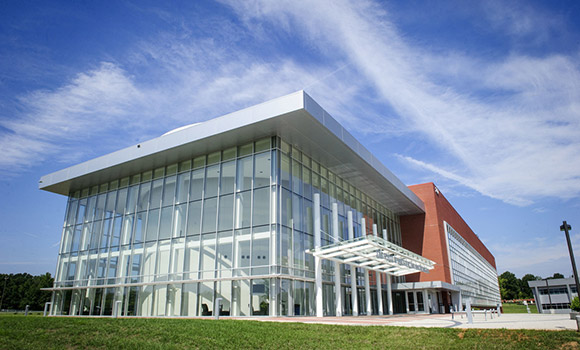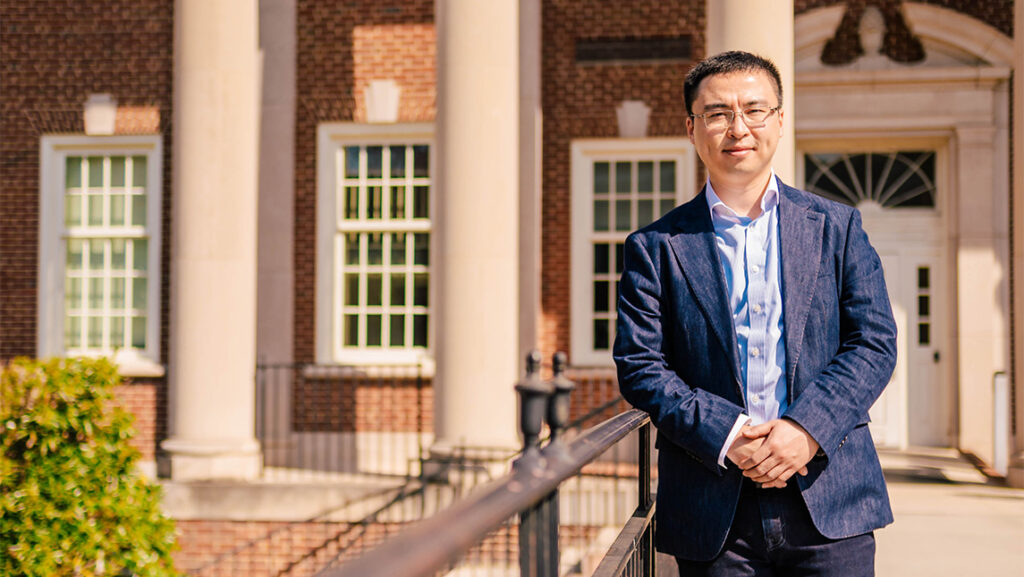The Joint School of Nanoscience and Nanoengineering (JSNN) revealed the newly minted Joint School’s Institute for Research Technologies this month. The institute will further strengthen the facilitation of industry partnerships with faculty at UNC Greensboro and North Carolina Agricultural and Technical State University. Additionally, the institute will focus on preparing the next generation of students at JSNN with broad research, technical, and entrepreneurial skills that are required for the industry workforce.
“As a land grant university and a Carnegie Community Engaged campus, North Carolina A&T has a long history of service to the community, and this institute offers another opportunity to collaborate with business and industry,” said Beryl McEwen, N.C. A&T provost and executive vice chancellor for Academic Affairs.
Given the location of JSNN at the Gateway Research Park, it can play a critical role in providing industry partners with access to state-of-the-art research facilities and have a broader impact as a result.
“We are pleased to launch the Joint School’s new institute and are confident it will spur broader and deeper partnerships for the mutual benefit of our universities, industry partners, and the larger Greensboro community,” said Dana Dunn, UNCG provost and executive vice chancellor.
Specifically, the institute will:
- Provide industry partners and researchers from JSNN, N.C. A&T, and UNCG with access to state-of-the-art research facilities.
- Foster collaborations and establish research consortia to address some of society’s most pertinent challenges through cutting-edge science and engineering research.
- Partner with industry partners to provide students with the best educational practices.
- Provide industry partners with talented students for internships and/or job opportunities.
- Facilitate university-industry partnerships focused on acquiring funding for joint projects.
“I am thrilled about the approval of the institute by both universities,” said Sherine Obare, JSNN dean. “We are confident that this new structure will not only support access to research facilities for analytical and characterization purposes, but more critically, it will also strengthen partnerships for research and development with our talented faculty members.”
The faculty at JSNN continue to make significant contributions to emerging research issues, covering topics such as cancer biology and antimicrobial resistance to developing state-of-the-art materials for the electronics, automotive, and aeronautical industries.



